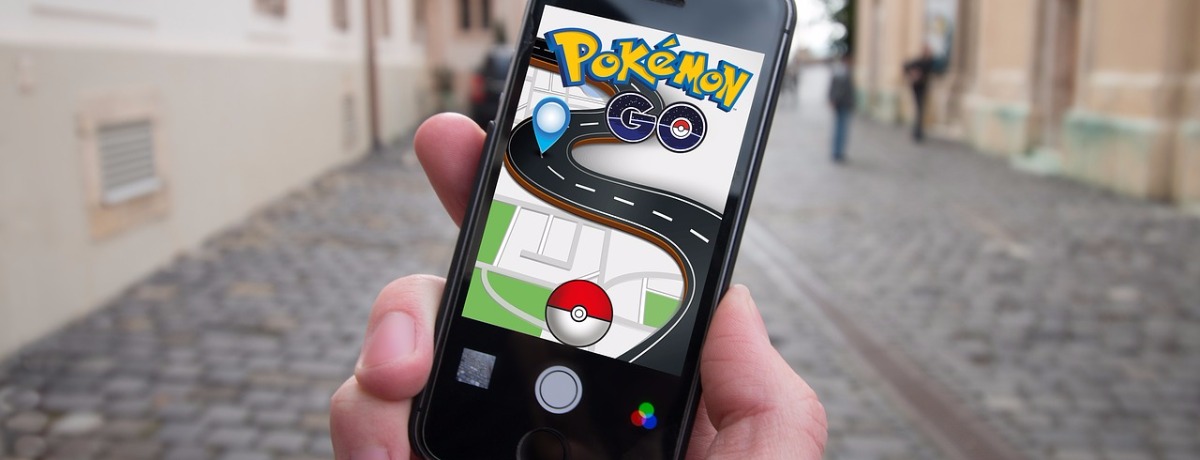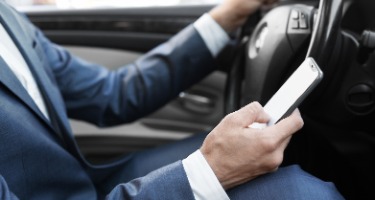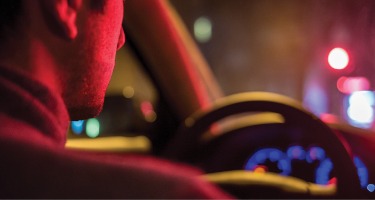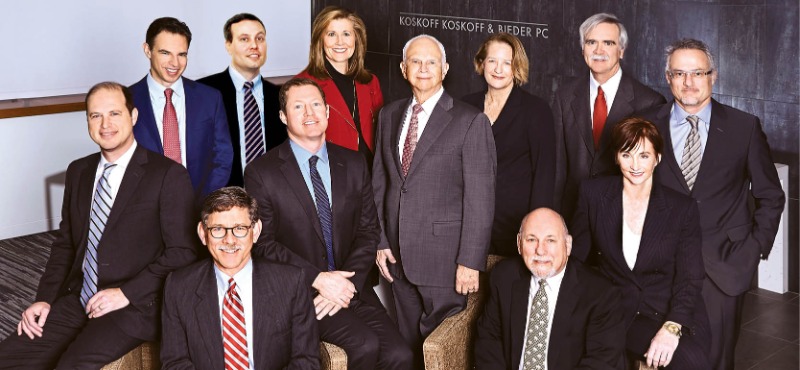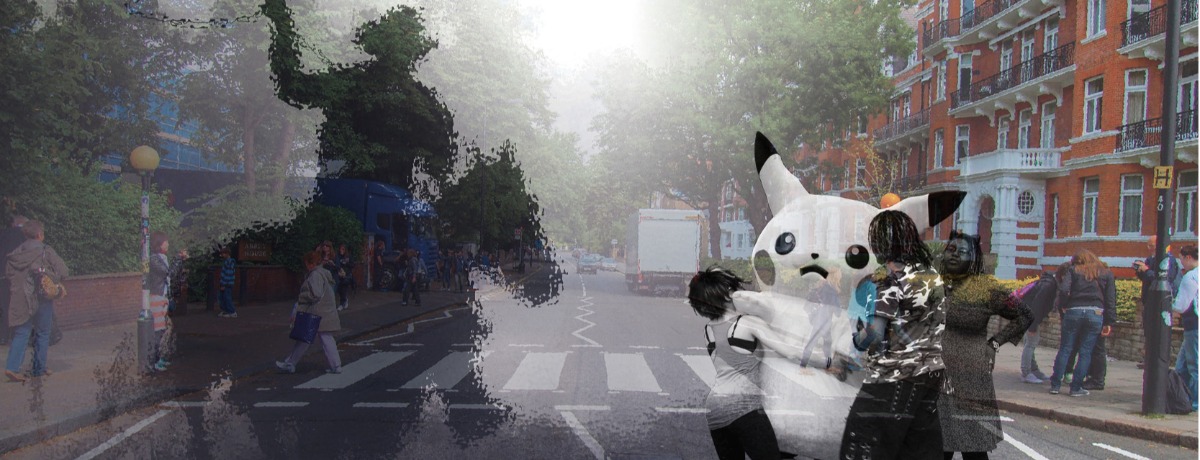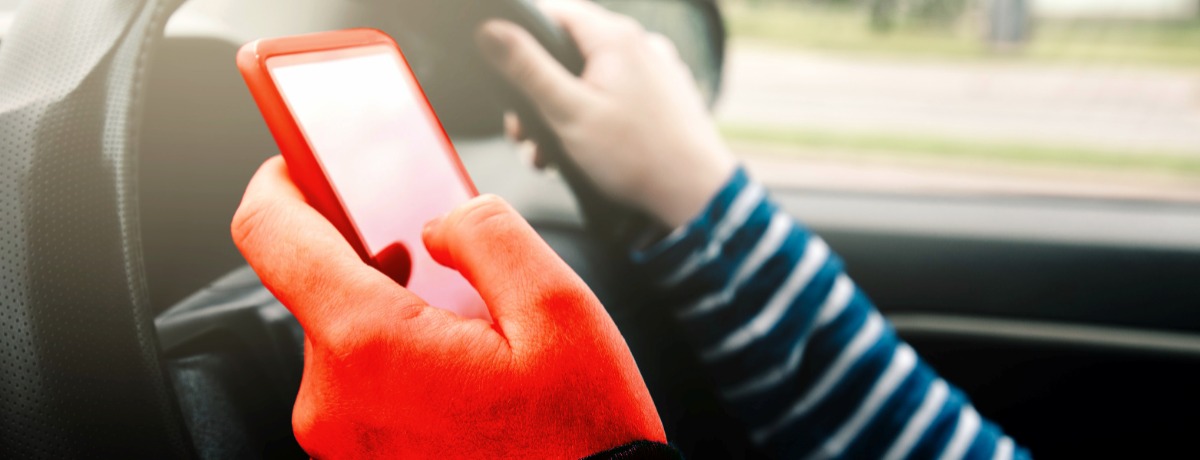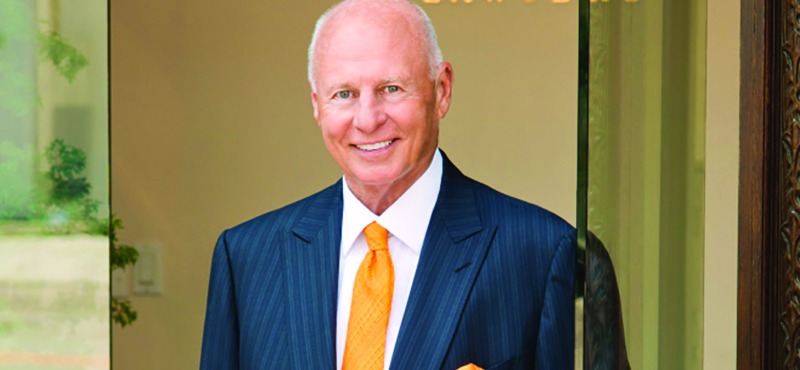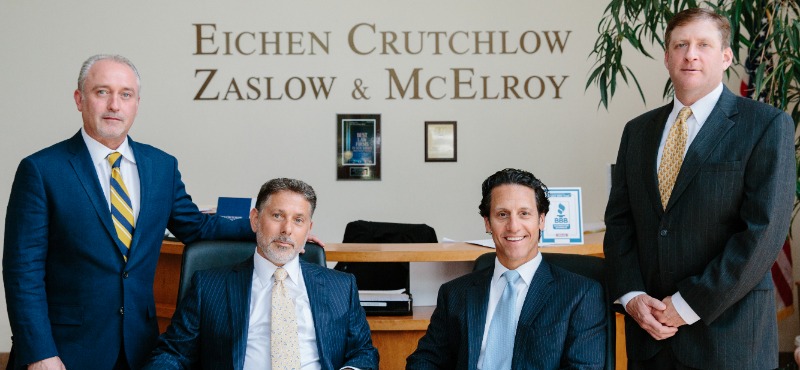Pokemon Go’s most recent update made it so that Pokemon no longer spawn and Pokestops are no longer accessible once you’re travelling at a speed greater than approximately 25 MPH. Many have reacted to this update as if it were simply a “bug”, but it’s our belief that this was an intentional change made by the game’s developer, Niantic. Many of the game’s players are aggravated with the new change, especially those who are disabled and unable to travel on foot as easily. So why would Niantic make such a drastic change that impacts the playability of its most popular game? Well, hopefully we can help answer that question. For starters, check out an article we wrote a few months ago about SnapChat’s liability for “speed filter accidents” in order to get a baseline understanding for the possible legal ramifications and liability issues presented to mobile application developers. In short, people who play while driving cause car accidents and Niantic likely wants to avoid the possibility of being held liable for those accidents and help keep daily transit safe in the process.
In the world of Personal Injury law one of the most commonly used terms of art is foreseeability. This is because for as long as anyone can remember, the first step in deciding whether an individual or entity can be held liable for injuries to another person is whether or not they owed the injured party a duty. In order to determine whether a duty was owed it must be decided whether the injury was a foreseeable consequence of the individual’s or entity’s actions. Foreseeability, in turn, is determined using the reasonable man standard, i.e., would a reasonable (average) person have foreseen that their actions could lead to the injuries to the injured party that ensued? If yes, then they owe a duty to the injured party.
Distracted driving is the single most cited reason for car accidents, especially among younger drivers. This means companies who produce products targeted toward younger peoples and especially those of driving age must be extra careful about how their products may their consumers while driving. Since Pokemon Go is meant to be played while “on the go” it’s obviously reasonable to assume players will be moving while playing and those who want to gain a larger advantage will want to move as fast as possible. How do you do that? You drive and play or ride and play, the former being far more dangerous. This is why a court could easily decide that Niantic should have foreseeable that people would play and drive, leading to accidents, when it created the game.
If more evidence is needed that this was a foreseeable consequence just look at all the articles like this one, warning that in order to stay safe while playing Pokemon Go you should be sure not to play and drive. Additionally, shortly after the game came out Niantic implicitly acknowledged the danger by putting that pesky little pop-up in the game stating something like you’re traveling at a high rate of speed and asking if you are a passenger. If it was indeed reasonably foreseeable to that these accidents could happen, then Niantic owed a duty to both its players and third-parties to make the game as safe as possible, within reason.
Because Pokemon Go can sense when you’re going a certain speed and make the pop-up appear, they could just as easily shut off your ability to play, thus making players and third-parties less likely to be hit by those playing the game, without much of an expense. This makes it at least plausible that Niantic would eventually be held liable for injuries caused by Pokemon Go related vehicle accidents if it had done nothing. Now they’ve likely done enough to protect its players, third-parties, and itself from harm.
While many players do not play and drive, there are likely many that do and because of that Pokemon Go had no real choice in the matter. It was either do this or eventually be exposed to liability for an accident caused by someone playing while driving.
For further information, follow the source link below.
